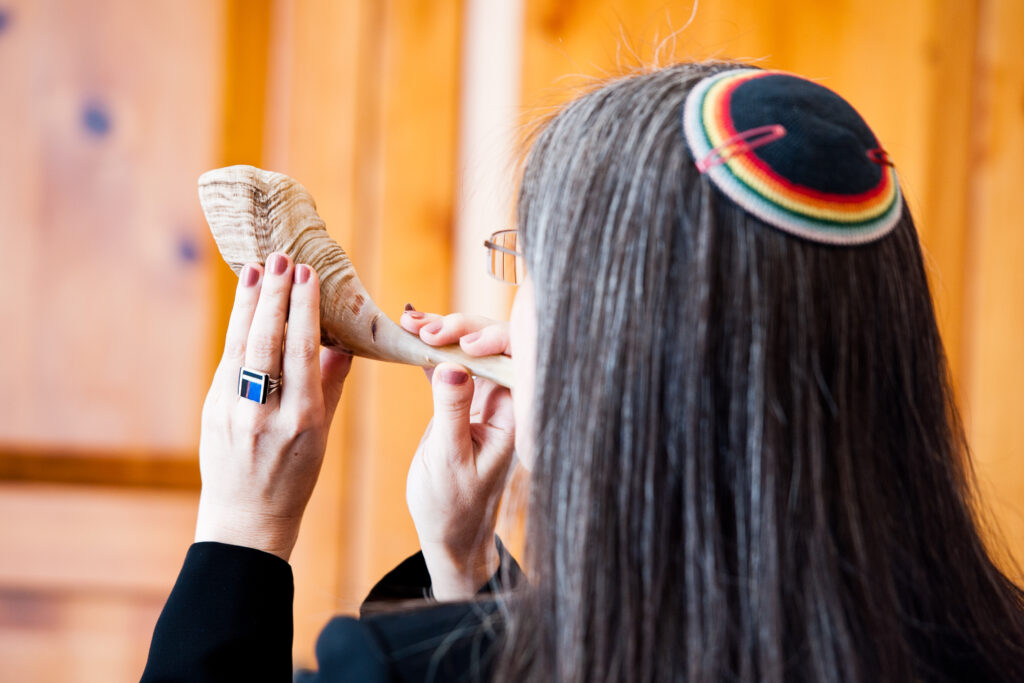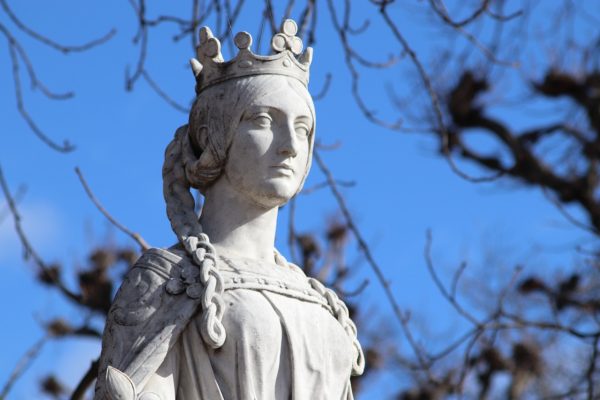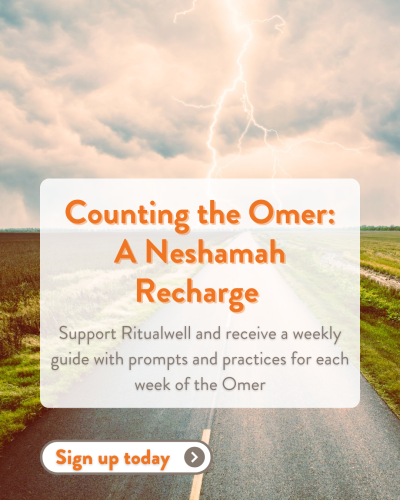At this awesome season
pregnant
with all possibility we pray today:
pregnant
with all possibility we pray today:
By our choices and deeds,
with Divine Intervention,
Supernal Midwife of Israel
and of All Creation,
attend,
assist us
to birth as yet unknown wonders,
miracles of Life.
with Divine Intervention,
Supernal Midwife of Israel
and of All Creation,
attend,
assist us
to birth as yet unknown wonders,
miracles of Life.
With an awesome fear of God,
I place this shofar to my lips.
I place this shofar to my lips.
May the breath
You breathe inside me momentarily,
now return to You
to be renewed and return again
to this world for Life, for Peace
You breathe inside me momentarily,
now return to You
to be renewed and return again
to this world for Life, for Peace
May the birthcries of my shofar blasts
be pleasing to You,
as the words and deeds of Shifra
with fear of You, she
lovingly births Your People:
Freedom
to do Your Will.
be pleasing to You,
as the words and deeds of Shifra
with fear of You, she
lovingly births Your People:
Freedom
to do Your Will.
Like Puah,
be hutzpadik1
in Your advocacy
Encourage us toward Life
even when we ourselves may feel discouraged,
distressed in the midst
of life’s hard pangs.
be hutzpadik1
in Your advocacy
Encourage us toward Life
even when we ourselves may feel discouraged,
distressed in the midst
of life’s hard pangs.
Breathe life into us anew!
While others take us for dead.
Lest we face despair of lost hope,
even we,
may abandon ourselves.
While others take us for dead.
Lest we face despair of lost hope,
even we,
may abandon ourselves.
In the name of Shifra, Puah,
Sarah Imeinu2
Hana,
in the name of Rachel Imeinu2,
let her tears for her children,
be of gladness and joy.
Sarah Imeinu2
Hana,
in the name of Rachel Imeinu2,
let her tears for her children,
be of gladness and joy.
In the name of God that is Birth,
let the joy of becoming, of hearing
sounds from this birthing shofar
overcome and become us all.
let the joy of becoming, of hearing
sounds from this birthing shofar
overcome and become us all.
God, cleanse us of our sins
like the midwife
who cleanses the newborn infant.
like the midwife
who cleanses the newborn infant.
Wrap us in the beautiful garments
of the Soul.
Bathe us in Your Light
so our Divine nature may shine
even as we walk joyously in Your Light –
B’or paneha yehalayhun!3
of the Soul.
Bathe us in Your Light
so our Divine nature may shine
even as we walk joyously in Your Light –
B’or paneha yehalayhun!3
May the breath of my being
blown into this shofar
hearken us
back to the shofar
that is Shifra
and the breath
that is Puah.
blown into this shofar
hearken us
back to the shofar
that is Shifra
and the breath
that is Puah.
Deliver us from the narrows
of, God Forbid, an evil decree,
into the breadth of sound.
of, God Forbid, an evil decree,
into the breadth of sound.
Signal in us an expansion.
Together God
may we birth this coming year!
Together God
may we birth this coming year!
God,
Supernal Midwife,
send me no angel, no seraph, not even
Hayot Hakodesh!4
Supernal Midwife,
send me no angel, no seraph, not even
Hayot Hakodesh!4
Be Thou my Midwife!
Be Thou my angel!
Be Thou My Self!
Birth me yet again anew,
renewed for this coming year.
Be Thou my angel!
Be Thou My Self!
Birth me yet again anew,
renewed for this coming year.
————————-
1. Nervy
2. our mother
3. lit., In the light of Your Presence they are exalted. This is from Psalms 89:16, adapted into feminine. It is traditionally recited following the blowing of the shofar.
4. Traditionally, this term refers to celestial beings. Zimmern has reinterpreted it to refer to holy midwives.
First published in Ma’yan’s Journey, Fall 2000













